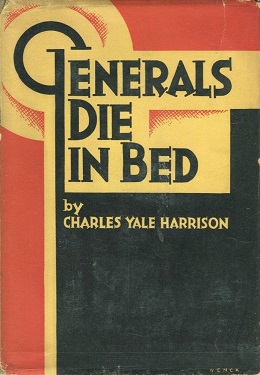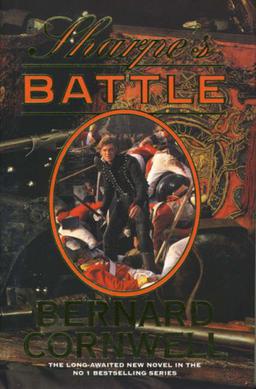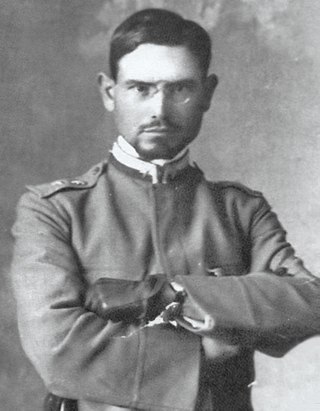
The International Brigades were military units set up by the Communist International to assist the Popular Front government of the Second Spanish Republic during the Spanish Civil War. The organization existed for two years, from 1936 until 1938. It is estimated that during the entire war, between 40,000 and 59,000 members served in the International Brigades, including some 10,000 who died in combat. Beyond the Spanish Civil War, "International Brigades" is also sometimes used interchangeably with the term foreign legion in reference to military units comprising foreigners who volunteer to fight in the military of another state, often in times of war.

Regeneration is a historical and anti-war novel by Pat Barker, first published in 1991. The novel was a Booker Prize nominee and was described by the New York Times Book Review as one of the four best novels of the year in its year of publication. It is the first of three novels in the Regeneration Trilogy of novels on the First World War, the other two being The Eye in the Door and The Ghost Road, which won the Booker Prize in 1995. The novel was adapted into a film by the same name in 1997 by Scottish film director Gillies MacKinnon and starring Jonathan Pryce as Rivers, James Wilby as Sassoon and Jonny Lee Miller as Prior. The film was successful in the UK and Canada, receiving nominations for a number of awards.

The Lincoln Battalion was the 17th battalion of the XV International Brigade, a mixed brigade of the International Brigades also known as the Abraham Lincoln Brigade. It was organized by the Communist International and named after President Abraham Lincoln who led the US during the American Civil War.

Julian Heward Bell was an English poet, and the son of Clive and Vanessa Bell. The writer Quentin Bell was his younger brother and the writer and painter Angelica Garnett was his half-sister. His relationship with his mother is explored in Susan Sellers' novel Vanessa and Virginia.

Generals Die in Bed is an anti-war novella by the Canadian writer Charles Yale Harrison. Based on the author's own experiences in combat, it tells the story of a young soldier fighting in the trenches of World War I. It was first published in 1930 by William Morrow.
A war novel or military fiction is a novel about war. It is a novel in which the primary action takes place on a battlefield, or in a civilian setting, where the characters are preoccupied with the preparations for, suffering the effects of, or recovering from war. Many war novels are historical novels.

Sharpe's Battle is the twelfth historical novel in the Richard Sharpe series by Bernard Cornwell, first published in 1995. The story is set during the Peninsular War in Spain in 1811.
Hasta la vista may refer to:
Adrien Bertrand was a French novelist whose short career was punctuated by a series of striking surrealist anti-war novels, written as Bertrand lay dying from complications involved in a wound he suffered whilst serving with the French Army in the First World War.
The British Battalion was the 16th battalion of the XV International Brigade, one of the mixed brigades of the International Brigades, during the Spanish Civil War. It comprised British and Dominion volunteers.
"Jarama Valley" also known as "El Valle del Jarama" is a song from the Second Spanish Republic. Referring to the Spanish Civil War Battle of Jarama, the song uses the tune of Red River Valley.

The Abraham Lincoln Brigade, officially the XV International Brigade, was a mixed brigade that fought for the Spanish Republic in the Spanish Civil War as a part of the International Brigades.

The Garibaldi Battalion was a largely-Italian volunteer unit of the International Brigades that fought on the Republican side of the Spanish Civil War from October 1936 to 1938. It was named after Giuseppe Garibaldi, an Italian military and political figure of the nineteenth century.

Alexander Baron was a British author and screenwriter. He is best known for his highly acclaimed novel about D-Day, From the City, from The Plough (1948), and his London novel The Lowlife (1963).

Petro Marko was an Albanian writer. His best-known novel is titled Hasta La Vista and recounts his experiences as a volunteer of the Republican forces during the Spanish Civil War. Petro Marko is widely regarded as one of the founding fathers of modern Albanian prose.

From the Wilderness and Lebanon - An Israeli soldier's story of war and recovery is the English translation of the first book by Israeli author Asael Lubotzky.

Formal relations between Albania and Spain were established in 1986. Albania has an embassy in Madrid, and Spain has an embassy in Tirana.

Patrick O'Daire was an Irish soldier and activist who fought in the Irish War of Independence, the Irish Civil War, the Spanish Civil War with the XV International Brigade, and in World War II as part of Royal Pioneer Corps of the British Army.

One year on the High Plateau is a historical novel by Emilio Lussu: set on the Asiago plateau, it is one of the major works of Italian literature on the First World War. The novel was written between 1936 and 1937 and tells, for the first time in Italian literature, the irrationality and senselessness of war, hierarchy and exasperated military discipline in use at the time. For a long time considered a faithful chronicle of the events dating back to the period spent by Lussu as an officer of the Sassari Brigade, it has subsequently been the subject of a substantial historiographic criticism, which has strongly reduced the value of the chronicle of real events, leading it to the role of historical novel.















